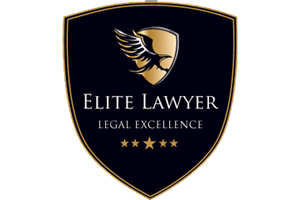- Free Consultation: (213) 251-5533 Tap Here to Call Us
Employees’ Right to Cool Off
Starting on January 1, 2014, California employers will be required by law to provide their employees with a “recovery period,” which is defined to be a “cooldown period afforded an employee to prevent heat illness.”
Under the new law, which amends Labor Code section 226.7, an employer who forces an employee to work during a “recovery period” will be assessed the same penalty for missed meal or rest breaks: One additional hour of pay at the employee’s regular rate of pay for everyday that the recovery period was not provided. Note, employers must provide their employees with at least a 30 minute uninterrupted meal period for every 5 hours worked, and a 10 minute uninterrupted rest period for every 4 hours worked to avoid paying the additional hour penalty. This does not apply to employees who are exempt from overtime pay, and meal and rest break requirements
Although the “recovery period” law is targeted at employers in the agriculture, construction, landscaping, and oil and gas extraction industries—all employers should review the Heat Illness Prevention regulations established by OSHA to make sure they are in full compliance with the regulations.
As a result of the new law, employers are required to allow and encourage employees to take a “cool-down” break of at least five minutes at a time whenever the employees feel the need to do so to prevent overheating.” This can be problematic for employers because unlike the laws concerning meal and rest periods, the law does not limit the amount of time or the number of “cool down” breaks the employee can take per day as a matter of right. Further, the law clearly makes the standard for cool downs arbitrary, which can be abused by employees desiring to take lengthy breaks. For example, a kitchen worker can take a 45 minute “cool down” break or more simply by claiming they are “overheating.” Accordingly, it would be prudent for an employer to require its employees to clock-out for all cool down breaks in addition to the meal breaks to not only ensure proper record keeping of such breaks, but also to give a financial disincentive for taking prolonged cool down breaks.
Please note that the information I am providing here in this entry, or in my website is NOT to be construed as legal advice nor is it meant to form an attorney-client relationship. For a free legal consultation by phone, please call or email me anytime.








